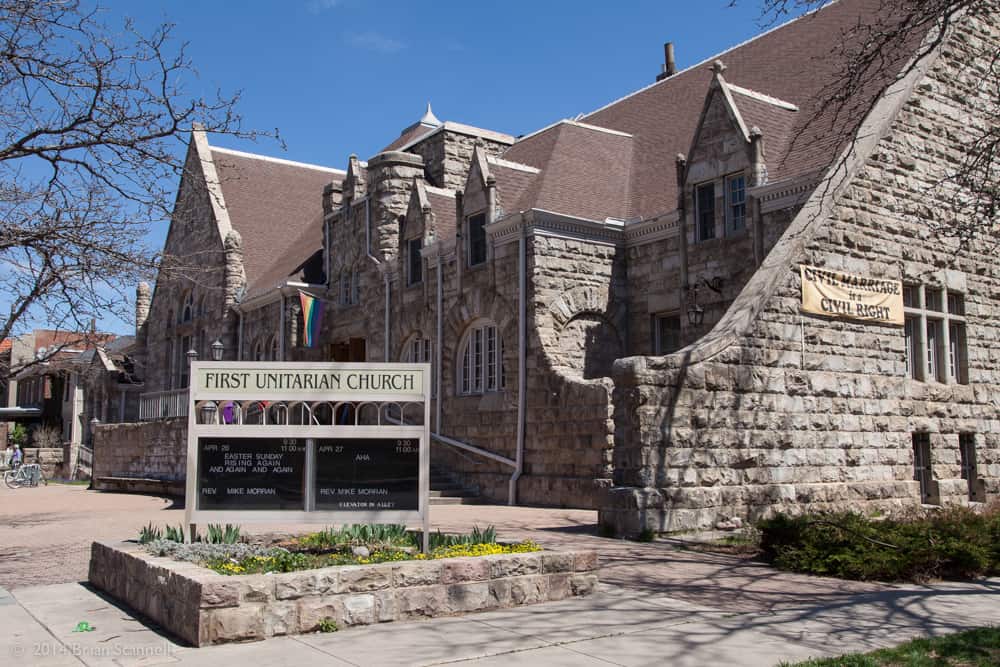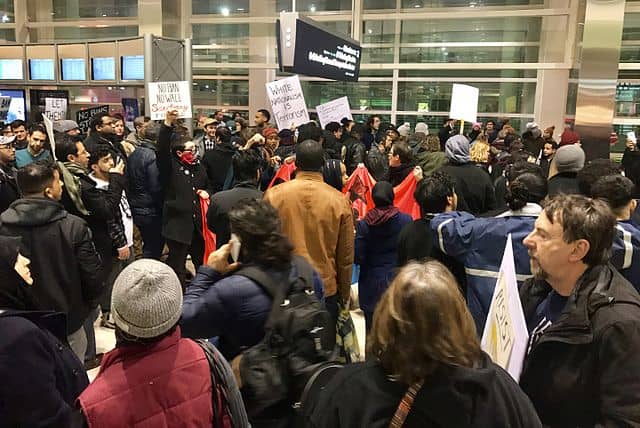Justin Zoradi was sitting outside of class at Portland State University when this challenging phrase ran through his mind: “Would you deny others what you demand for yourself?” He knew Who was asking, and he knew what he had to do.
Zoradi had already spent some time in South Africa, working with a youth soccer club and building relationships with the people of the townships near Capetown. Before leaving, the coach proposed that Zoradi help the boys go to college. Daunted and set to go back to the U.S. for graduate school, he pushed the thought to the back of his mind. Now, spending thousands of dollars to earn a master’s degree in peace and conflict resolution from a respected institution, he was overwhelmed with the opportunities being withheld from his beloved friends of South Africa. That same afternoon, he bought a book on how to start a nonprofit, intending to make a way for those youth to go to college.
Three years later, These Numbers Have Faces is a young, relationally driven nonprofit providing scholarships for deserving students in an impoverished area of South Africa. “I knew that my friends were not statistics. They were not pie graphs, or color-coded charts or Excel spread sheets,” says Zoradi, who continues to partner with that same youth soccer league that first inspired him, the J.L. Zwane Football Club. This club, as well as lintombi Zilapha, a girls’ dance team, are dedicated to promoting leadership skills and character development in participants. It is from these two groups that TNHF selects the students for whom they will provide scholarships.
“We don’t just give out college scholarships for free. They actually have to do something for them. That is the difference between aid and development,” Zoradi explains. To ensure this, TNHF implements what they call the Community Impact Model. Students are required to participate in community service projects, mentorship programs and a financial literacy course. They also commit 1 percent of their future earnings to the ongoing work of TNHF.
Currently, TNHF has eight students enrolled in college, which costs $23 a day per student. “Education is key because it is lasting aid,” Zoradi says. “It doesn’t dry up. It doesn’t go bad. It can never be taken from you.” Such a gift is even more precious in a post-apartheid community where only 3.5 percent of black South Africans graduate from college.
TNHF ultimately hopes to shut down—in a good way. “We need to have exit strategies,” Zoradi states. He believes development nonprofits should consider that success means the people will someday be able to sustain growth independently. Until then, TNHF is focusing on bringing empowerment, opportunity and academic equality to the next generation in South Africa. Zoradi’s hopes are high. “I think we can change the entire fate of a community.”
Visit thesenumbers.com to learn more.






















